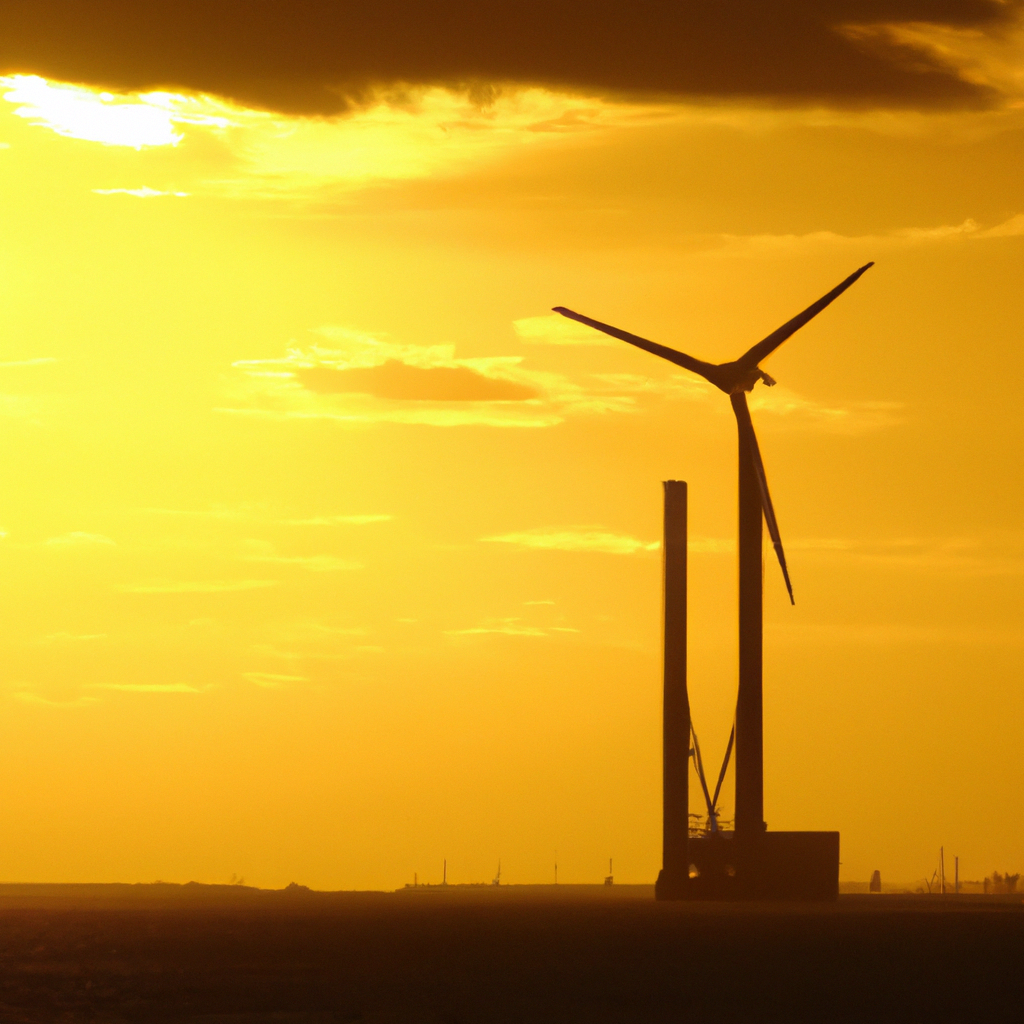Fossil fuel usage for electricity in the European Union (EU) fell to a record low during the first half of 2023. According to a report from Ember, electricity generated from coal fell 23%, while that from gas fell 13% compared to the same period in 2022. Meanwhile, solar generation increased by 13% and wind power increased by 5%.
The decline in fossil fuel reliance was largely due to decreased electricity demand amid high gas and power prices. However, Ember warns that the EU will need to accelerate the deployment of low-carbon power to accommodate demand recovery whilst maintaining climate goals. The report showed that electricity demand fell by 5% to a record low, largely because of high power prices.
On the other hand, renewable energy generation increased. Greece, Romania, Denmark, and Portugal all generated over 50% of their power from renewables. However, Ember notes that grid congestion and periods of ‘negative prices’ – caused by high renewable output pushing supply above demand – are becoming more frequent, causing market distortions that hurt clean energy sources. To fully unlock the benefits of wind and solar power, Ember suggests these issues need to be addressed.
Nuclear and hydropower sectors saw slight improvements in output over the same period, but the future of these energy sources remains uncertain due to numerous challenges. Electricity demand fell by 5% to a record low, mainly due to high gas and power prices. Ember argues that the EU will need to promote continued electrification and increase renewable energy to ensure falling coal and gas generation without reducing demand.
Read source article here:
EU’s use of fossil fuels for electricity falls 17% to ‘record low’ in first half of 2023




